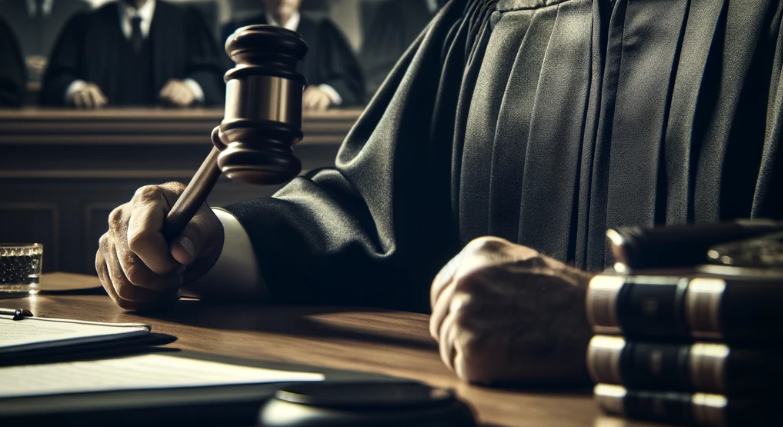Delaware’s Court of Chancery, presided over by Chancellor Kathaleen McCormick, has delivered a verdict that sends ripples through the corporate world and beyond. The focal point of this legal drama is none other than Elon Musk, the visionary behind Tesla, whose latest compensation package, a staggering $55.8 billion, was nullified due to what the court deemed a “deeply flawed” approval process.
Ties That Bind: Musk and the Tesla Board
At the heart of this controversy are the “extensive ties” Musk harbors with the directors of Tesla, who were instrumental in orchestrating his pay deal. The narrative weaves a tale of interconnectedness and influence, raising poignant questions about the autonomy of corporate governance when charismatic leaders like Musk dominate the boardroom.
The Fallout: Tesla’s Shares and Musk’s Wealth
The immediate aftermath saw Tesla’s shares dip more than 2% in after-hours trading, signaling market trepidation. For Musk, whose fortune is intimately tied to his stock holdings and who famously eschews a salary, this ruling doesn’t just question his compensation but also spotlights his vast, yet illiquid, wealth.
A Compensation Conundrum: The Path Forward
This landmark decision throws Tesla’s strategy for compensating Musk into uncharted waters, especially given his critical role from the company’s nascent stages to its current status as an automotive juggernaut. With Musk recently vying for more control, hinting at discomfort without a larger stake in the AI and robotics frontier, the board’s next moves are under a microscope.
A Tweet and a Trial: Musk’s Reaction and Legal Proceedings
Musk’s response, encapsulated in a tweet cautioning against Delaware incorporation, reflects his disdain for the verdict. The trial, stemming from shareholder Richard Tornetta’s lawsuit, peeled back the layers on Tesla’s unconventional no-cash, milestone-driven compensation strategy, setting the stage for a corporate governance spectacle rarely seen in Delaware’s courts.
Unorthodox and Under Scrutiny: Tesla’s Bold Compensation Plan
Tesla’s daring bet on Musk, with a plan hinging on ambitious market cap and operational targets, was as unconventional as it was audacious. The company’s journey from a struggling entity to surpassing its lofty goals underlines the paradox of Musk’s compensation: a blend of visionary leadership and contentious corporate governance.
A Board in the Hot Seat: Navigating the Aftermath
As Tesla and its board navigate these turbulent waters, the scrutiny will be intense. The process of crafting a new compensation package, should it come to that, promises to be a litmus test for the board’s independence and foresight in balancing Musk’s pivotal role with the demands of equitable governance.
Reflections: The Musk Paradigm and Corporate Governance
This episode transcends Musk and Tesla, touching upon the broader theme of superstar CEOs and their sway over the companies they lead. It prompts a reevaluation of corporate governance norms, especially in cases where a leader’s vision is inextricably linked to a company’s identity and success.
In the end, this saga is more than just a legal battle; it’s a narrative about ambition, influence, and the delicate balance of power within the echelons of corporate America. As the dust settles, the implications of this ruling may well redefine the contours of executive compensation and boardroom dynamics for years to come.
Stay up to date on other relevant news in our “Stock Market” section.





